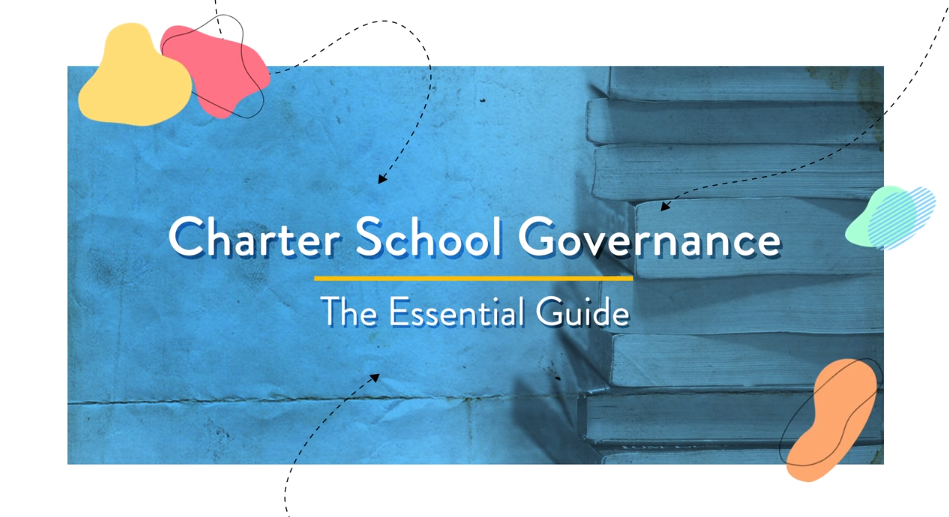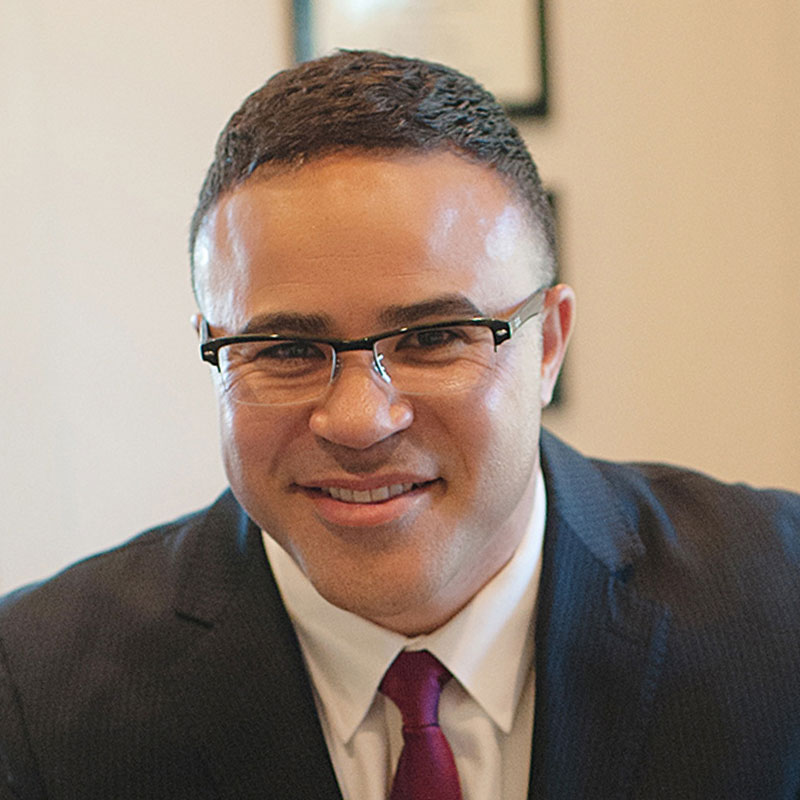
Charter school board members matter. Upward of 35,000 Americans serve on boards of one of the more than 8,100 public charter schools in America. Collectively, these boards oversee the education of more than 3.1 million students, and they are responsible for ensuring the appropriate spending of almost $35 billion in state and federal tax dollars. That’s why, in Bluum’s federal CSP grant application, we stated our intention to provide high-quality technical assistance to aspiring and current public charter schools – specifically in the area of governance recruitment and training. Our series of videos – Charter School Governance: The Essential Guide – is designed to provide a high-level overview, supported by specific examples from actual schools, of the responsibilities, opportunities and obligations of serving as a public charter school board member.
—Terry Ryan, CEO
Looking for a charter school near you? Start here.
Episode 1: Governance
The public charter school agreement is operational flexibility for performance accountability. Episode one looks at what a charter board’s responsibilities are under this agreement, and identifies the difference between management and governance, the importance of strategic planning, and shows what broken governance looks like.
Episode 2: Finance
An effective public charter school board is responsible for managing taxpayers’ money on behalf of their students and families. Episode two introduces viewers to the basics of charter school finance including how states determine and distribute charter school funding, and how quality boards manage budgets and ensure fiscal prudence.
Episode 3: Legal
Public charter schools are legal entities created by state law and these boards are responsible for staying in compliance with all applicable rules and regulations. Episode three shows how charter school boards can stay true to all legal expectations and the terms of their charter contract. It covers issues like understanding liability, conducting open meetings, and ensuring school compliance.
Episode 4: Academics
The most important responsibility of a public charter school is to deliver academic results for students and families. Episode four shows how effective charter school boards utilize student level data and school dashboards to keep their fingers on the academic pulse of the school. Effective boards make academic decisions based on what works for their students, teachers and school management.
Episode 5: Constructing the Board
Recruiting and retaining a highly skilled, diverse and community-focused board is a top priority for any successful charter school. Episode five shows how successful schools bring together the right makeup of talent to support a school’s mission and vision, and that successful boards include a mix of talent, professional experience and personal backgrounds.
100% ($212,950.00) of this project was funded by Federal CSP Grant dollars; 0% ($0.00) of this report/event is funded by non-governmental sources; total cost $212,950.00.
 ABOUT THE FEDERAL CHARTER SCHOOL PROGRAM
ABOUT THE FEDERAL CHARTER SCHOOL PROGRAM
Authorized by title V, part B, subpart 1 of the Every Student Succeeds Act (ESSA, Public Law 114-95), which reauthorized the Elementary and Secondary Education Act of 1965 (ESEA), the federal Charter School Program (CSP) provides funding to State Entities with the purpose “to expand opportunities for all students, particularly traditionally underserved students, to attend public charter schools and meet challenging State academic standards; provide financial assistance for the planning, program design, and initial implementation of charter schools; increase the number of high-quality charter schools available to students across the United States; evaluate the impact of charter schools on student achievement, families, and communities; share best practices between charter schools and other public schools; encourage States to provide facilities support to charter schools; and support efforts to strengthen the charter school authorizing process.”














